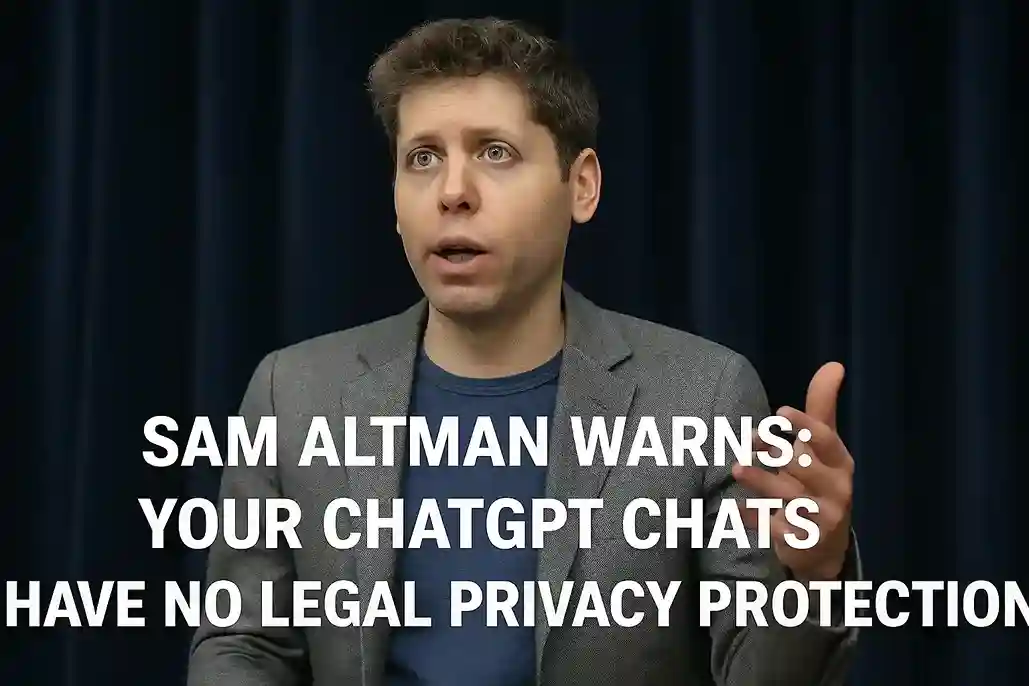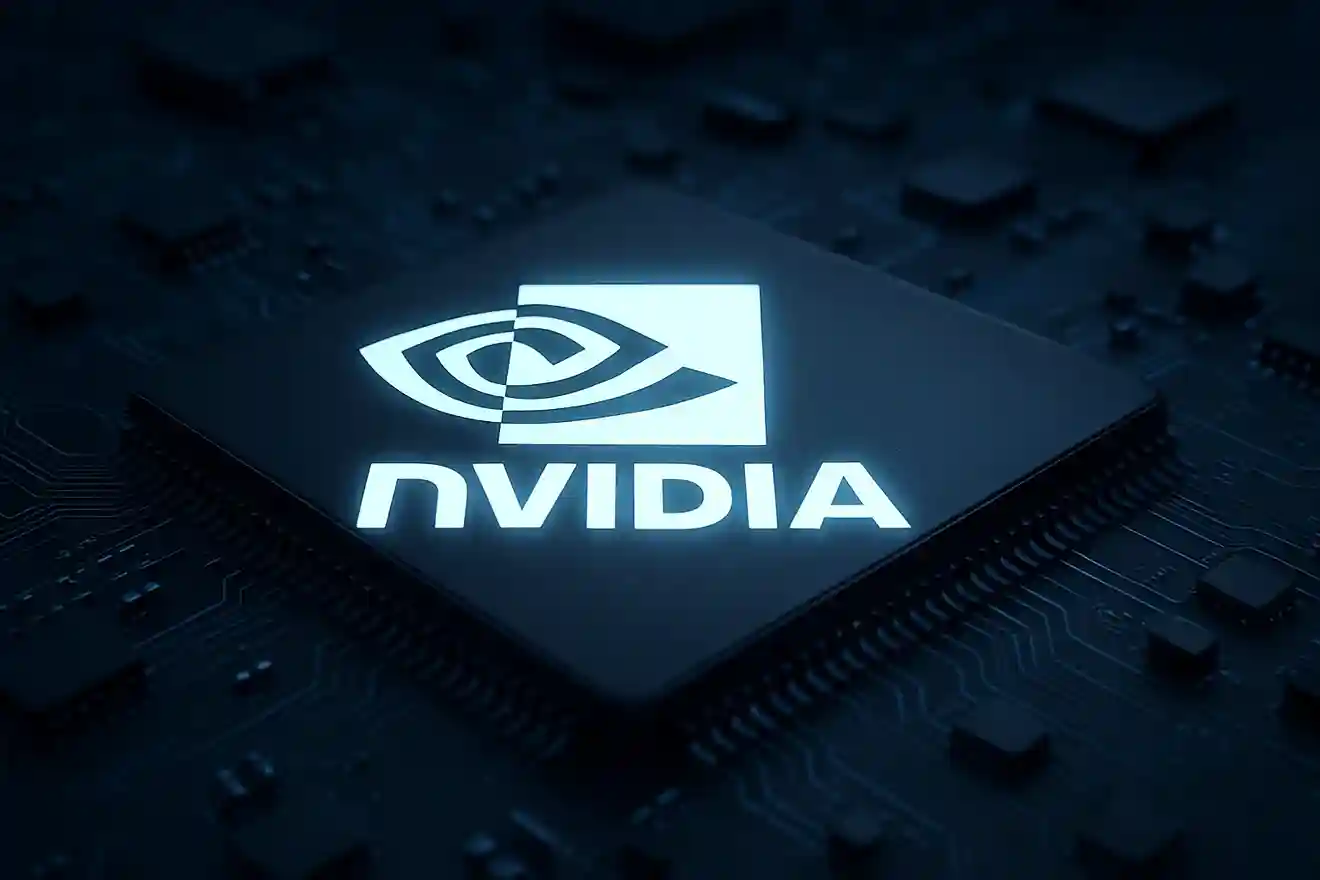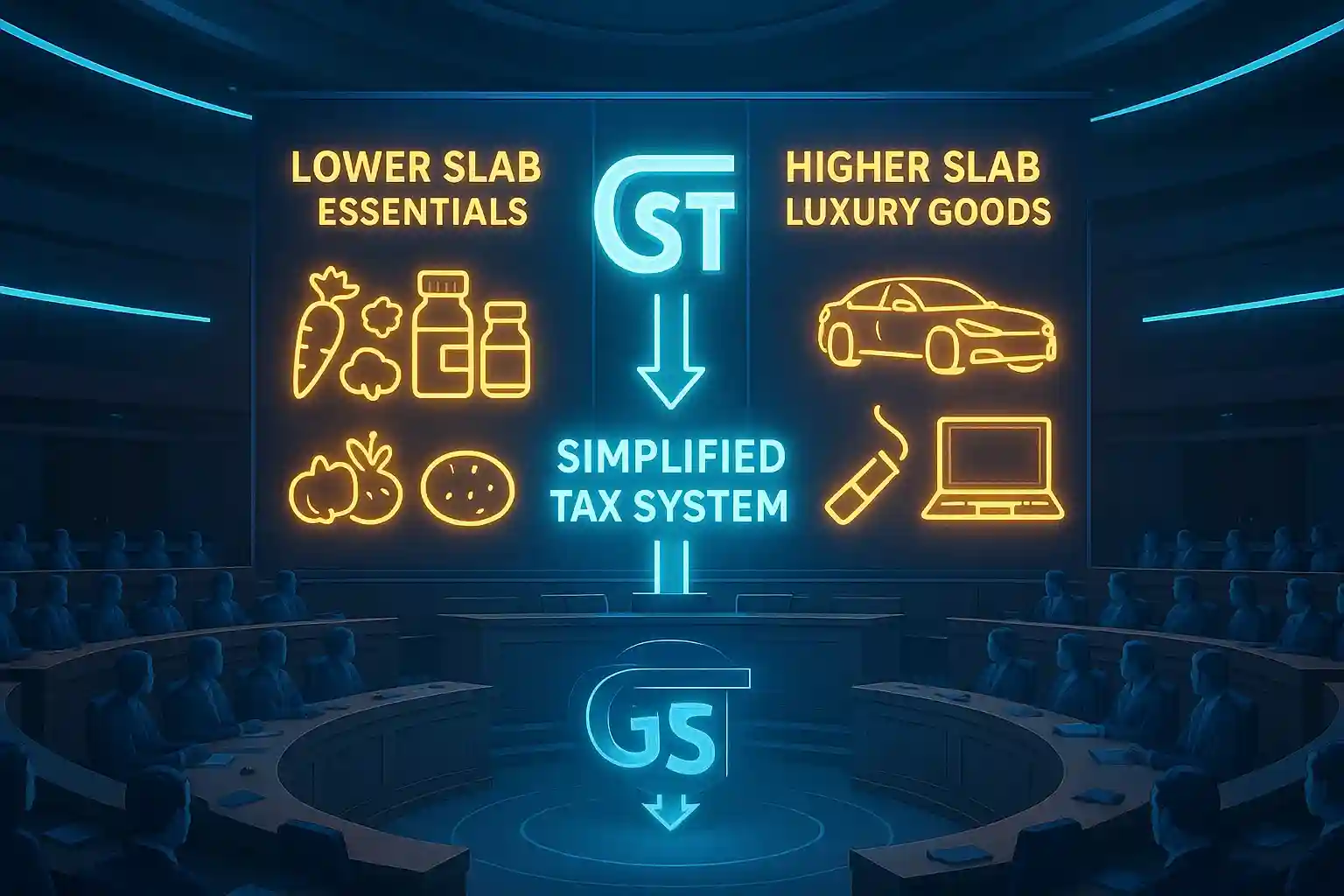OpenAI CEO Sam Altman Warns: Your ChatGPT Chats Have No Legal Privacy Protection

OpenAI CEO Sam Altman Warns: Your ChatGPT Chats Have No Legal Privacy Protection
SAN FRANCISCO, CA – In a stark warning about the legal gray area surrounding artificial intelligence, OpenAI CEO Sam Altman has cautioned users that their conversations with ChatGPT do not carry the same privacy protections as discussions with professionals like lawyers, doctors, or therapists.
Speaking during a recent appearance on Theo Von’s podcast, Altman highlighted a growing trend of people, particularly younger individuals, using ChatGPT as a confidant for sensitive personal issues, effectively treating it like a therapist or life coach.
He emphasized a critical distinction that most users may not realize: while conversations with licensed professionals are legally protected by principles like doctor-patient confidentiality or attorney-client privilege, chats with an AI have no such legal safeguards.
"We have doctor-patient confidentiality for what you talk to your doctor about. We have attorney-client privilege... We have nothing like that for what people are doing with AI," Altman stated during the podcast.
The implications, he noted, are significant. In legal proceedings, OpenAI could be compelled by a court order or subpoena to disclose user conversations. This creates a major privacy risk for individuals sharing intimate details about their mental health, personal relationships, or legal troubles with the AI.
Altman described the current lack of a legal framework for AI confidentiality as “very screwed up.”
He strongly urged for the development of new privacy regulations specifically for AI conversations, suggesting a new form of "AI-user privilege" is needed to protect individuals in this new era of digital interaction.
"I think this is a thing we, as a society, have to figure out an answer to pretty soon," he added.
His comments serve as a crucial wake-up call from the leader of the world's most prominent AI company, highlighting that while the technology races ahead, the laws and ethical guidelines required to govern it are lagging dangerously behind.











